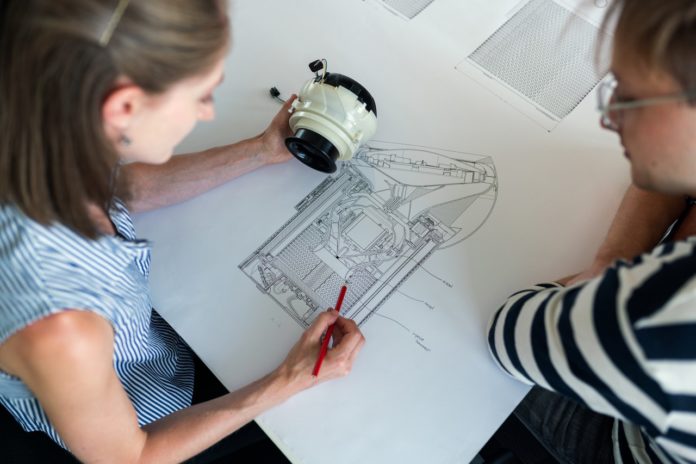Whenever an individual thinks of becoming an engineer, their go-to options include the core engineering branches. But have you ever wondered how to put your Bachelor’s in Engineering degree to the best use? If you did, you need to know that you can easily venture into other fields after graduation. And there are some very lucrative opportunities waiting just for you. Pursuing a master’s degree in transportation engineering could open up avenues that you probably did not think of during your graduation. Transportation engineering deals with the implementation of different scientific techniques for the planning, designing, maintenance, and operations of the different modes of transport that are an integral part of the summon people’s lives. Roads, highways, railway tracks, and airways require detailed planning and execution regarding their construction and redevelopments. Transportation engineers not only take care of all these aspects but also supervises the technical nitty-gritty of the projects concerned.
Transportation engineers are also expected to design engineering buildings and set up better infrastructure for the smooth functioning of the same. Whether it be the rail lines or an airport, Transportation engineers are required everywhere. It is their job to ensure that the goods, as well as the passengers, reach their destinations quickly, safely, and comfortably. In fact, though it is not directly related to their job profile, a transport engineer also plays a key role in making the travelling option practical, feasible, and economical.
What are the different branches of transportation engineering?
Transportation engineering covers several different fields. The sub-branches of this subject include the following.
- Traffic engineering
- Highway engineering
- Port and harbour engineering
- Airport engineering and,
- Infrastructure engineering.
All of these branches work in close contact with each other to make your life simpler and smoother. There are several academic programs that you could pursue which can help you further your career prospects in this field. PG of infrastructure engineering and traffic basically deal with the installation and management of the different infrastructure and architecture linked with various means of transport, particularly public vehicles like buses, trains, and aeroplanes. There are various other academic courses that include the likes urban planning, public transportation systems, and traffic engineering and simulations. Each of these curricula gives you an insight and a better understanding of how transportation engineering really works.
What is the role of an infrastructure engineer in the sphere of transportation?
An infrastructure engineer ideally supervises and controls the different factors that are crucial for the smooth functioning of a digitized system. In the case of transportation and traffic, their need is even greater as there are many tiny details that infrastructure and/or transportation engineers must consider before making any major decision. It is their duty to make sure that different systems of transportation are able to improve the quality of life for the common folks and meets all their requirements and demands. The theoretical approaches that they learn during the length of their course help the transportation engineers in deciding which approach is going to be the best for the majority. They must be able to look at the broader perspective and make necessary calculations, demonstrations, and changes in their strategy of execution if the need for the same arises.













